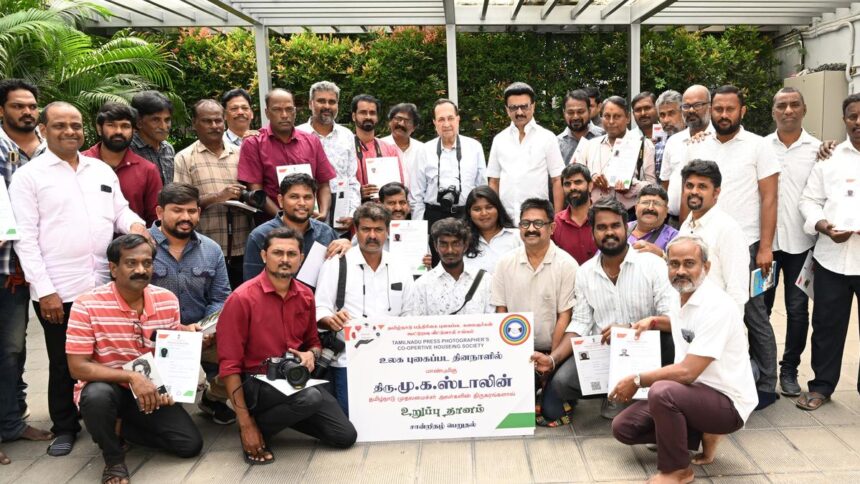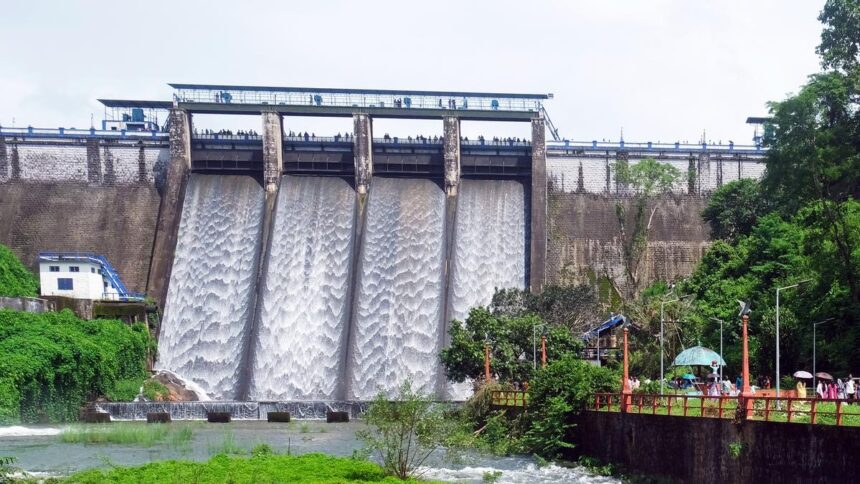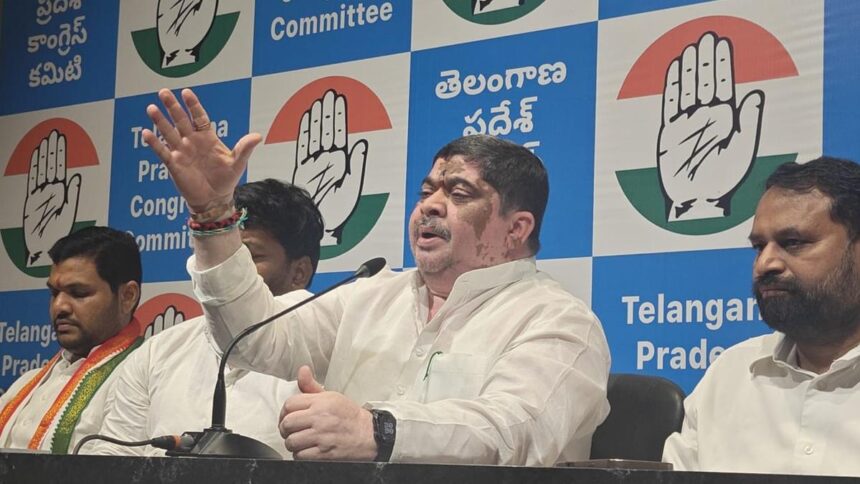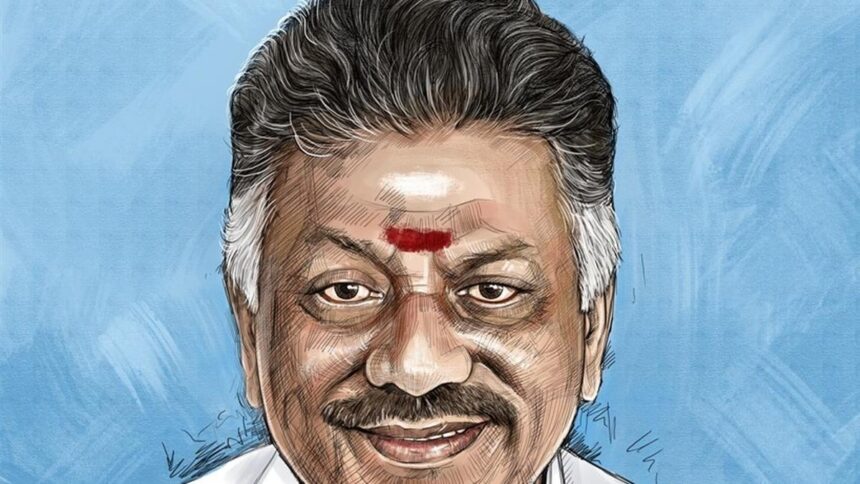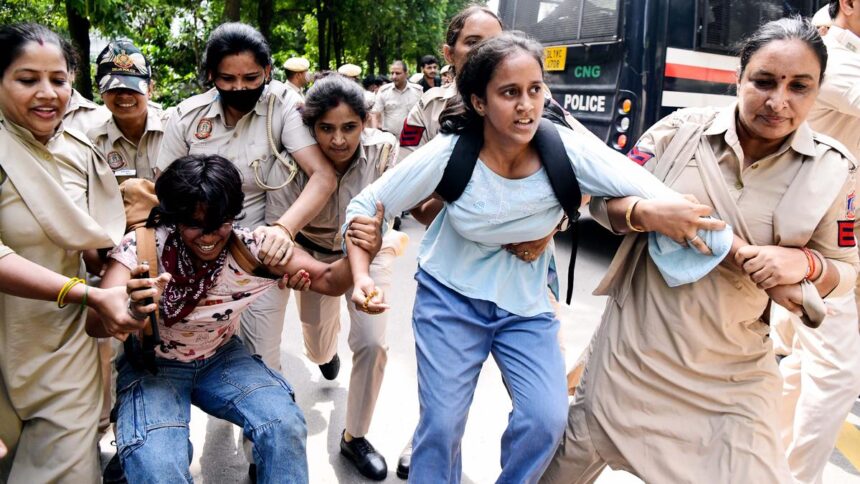In a bid to ramp up the Animal Birth Control (ABC) programme in Bengaluru amidst growing concerns over stray dog attacks, the Bruhat Bengaluru Mahanagara Palike (BBMP) is considering reintroduction of the Capture, Neuter, Vaccinate and Release (CNVR) technique. However, this move would flout the prescribed Standard Operating Procedure (SOP) laid down by the Animal Welfare Board of India (AWBI).
BBMP officials explained that the CNVR technique is widely practised across the world, and was also in use in Bengaluru until the AWBI’s SOP made it mandatory to monitor dogs for four days after surgery.
“No surgery shall be conducted below 10°C, and between 10°C and 18°C, hourly hypothermia monitoring must be performed for at least four days post-surgery,” states the Surgery and Associated Procedures General Consideration section of the SOP.
By contrast, under the CNVR technique, civic bodies capture, neuter, vaccinate, and release dogs within 24 hours. However, this method can lead to post-surgery complications, sometimes even resulting in death, which the AWBI noted before mandating the four-day monitoring period.
BBMP plans to write to AWBI
A senior BBMP officer overseeing the ABC project told The Hindu that CNVR is highly effective in controlling breeding and that any complications can be managed efficiently. He confirmed that the BBMP is finalising plans to reintroduce the CNVR method.
“We will write to the AWBI explaining the drawbacks in the monitoring procedure prescribed in the SOP, and then take up CNVR,” the official said.
Challenges before civic body
Explaining a key drawback, the officer pointed out that Bengaluru has over 2.7 lakh stray dogs, according to the 2023 census. The city’s installed capacity to monitor dogs is only 550 at a time. This means that BBMP can operate on 550 dogs in a day, but cannot conduct further surgeries for the next four days, limiting the total to just 550 surgeries over five days.
“Even if we take up a project to increase the installed capacity, it will take several months, hindering our efforts to speed up the ABC programme. At a time when the menace of stray dogs is on the rise, developing infrastructure is not a viable option,” the official said, adding that the immediate priority must be to control breeding and curb the growing aggression among dogs.
A major concern surrounding CNVR is post-surgery complications, such as stitches reopening and extreme fatigue. The BBMP believes these issues can be addressed through effective surgical techniques and by assigning feeders to monitor neutered dogs, who can then contact the BBMP for immediate intervention if problems arise.
“This programme will not only bring down breeding, but also reduce aggression and pack behaviour among stray dogs,” the official added.
Currently, five agencies are carrying out surgery and vaccinating dogs after the procedure. Meanwhile, the civic body is also attempting to bring in more veterinarians to increase the number of surgeries performed.
Activists oppose CNVR
Animal rights activist Arun Prasad criticised the BBMP for considering the reintroduction of CNVR, arguing that it clearly violates AWBI guidelines and endangers the lives of stray dogs.
“What if the surgery is not up to the mark and health complications arise? Who will take care of the dogs? Will the BBMP do it?” Mr. Prasad said. He pointed out that the rule earlier mandated three days of compulsory monitoring, which was later increased to four for the sake of the dogs’ overall well-being. Such safeguards, he said, cannot be compromised.
He further suggested that the BBMP should focus on improving infrastructure, even if it leads to delays, since that approach would avoid compromising the lives of dogs.
Published – August 25, 2025 11:50 am IST


















